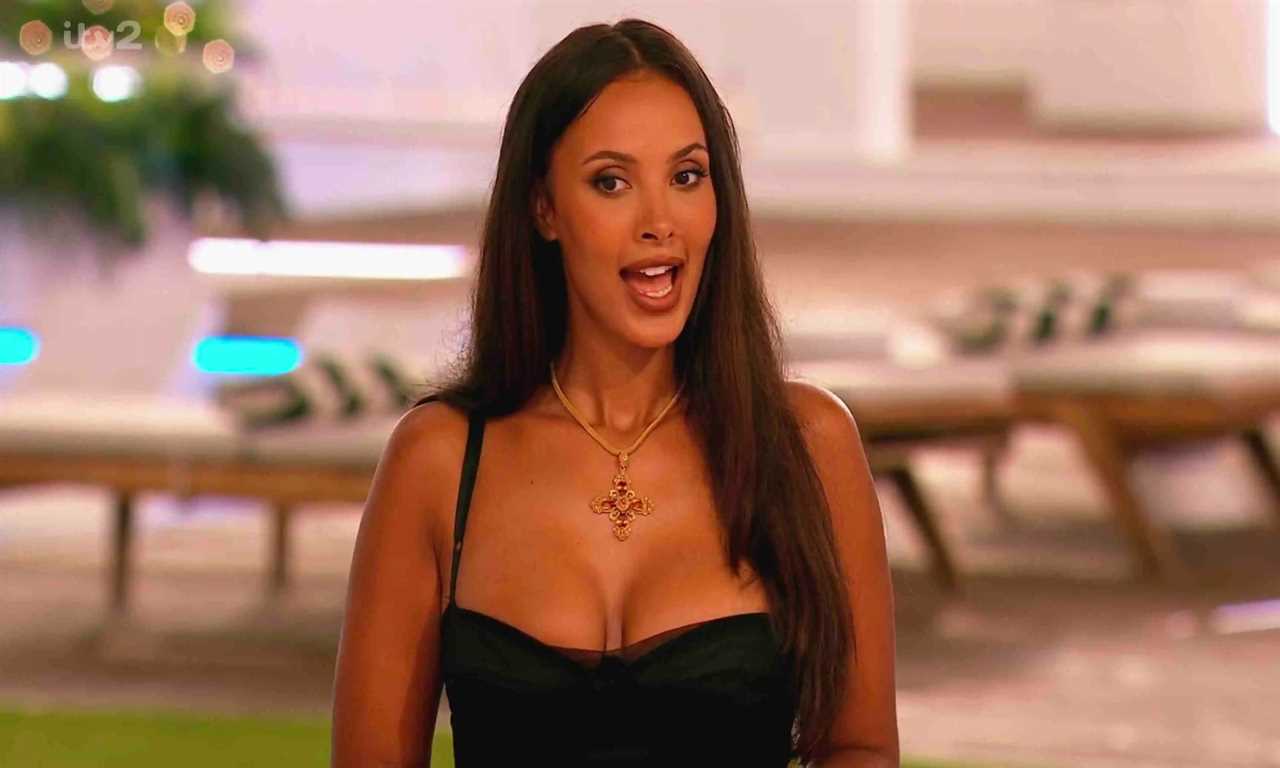
Love Island fans are in an uproar over a recent twist that has left a fan-favourite contestant in a precarious position, prompting threats to contact Ofcom. Against the backdrop of Maya Jama's role in the ITV2 reality-dating show, the unexpected turn of events has stirred controversy among viewers, highlighting the intense emotional investment the audience holds in the show's unfolding drama.
The wider context: Emotional Investment in Reality TV
Reality TV's ability to evoke strong emotions and prompt immediate reactions from viewers is a testament to its powerful influence on popular culture. Love Island, known for its twists and turns, often exposes the intricacies of human behaviour under pressure, drawing a devoted following that engages deeply with the show's dynamics and outcomes.
Maya Jama's pivotal role in orchestrating the surprise entrance of an American bombshell, Toni, and the ensuing romantic entanglements, has thrown the villa into disarray, leaving fans both captivated and outraged by the unfolding drama.
Structural Influences on Viewer Reactions
As fans express concerns over the fate of contestants like Alima and Shakira, it raises questions about the power dynamics and narrative constructions within reality TV. The audience's emotional investment in the well-being of participants reflects broader societal attitudes towards entertainment and relationships, shedding light on the blurred lines between scripted narratives and authentic human experiences.

Moreover, the gender dynamics and relational complexities portrayed on Love Island mirror larger societal norms and expectations, inviting viewers to reflect on the influence of reality TV in shaping perceptions of love, desire, and interpersonal connections.
Challenges of Reality TV Representation
The intense scrutiny and immediate feedback loop of reality TV formats like Love Island underscore the challenges of balancing entertainment value with ethical considerations. The show's ability to provoke such strong reactions from viewers highlights the fine line that producers tread in portraying authentic human experiences while ensuring responsible and respectful representation of diverse identities and relationships.
At the heart of the current controversy lies a deeper reflection on the blurred boundaries between reality and fiction in the realm of reality TV, prompting viewers to confront their own complicity in shaping narratives and outcomes through their engagement and responses.
Inclusive Representation and Ethical Concerns
As discussions around the impact of reality TV on societal perceptions of love and relationships continue to evolve, there is a growing call for more inclusive and responsible representation across all media platforms. Viewers' threats to involve Ofcom in response to perceived injustices within the show signal a broader demand for accountability and ethical standards in reality TV production and storytelling.

The convergence of entertainment, social commentary, and audience activism in the realm of reality TV underscores the need for a nuanced understanding of the complex interplay between media representation, viewer engagement, and societal values. As Love Island fans navigate the twists and turns of the show's latest season, the broader implications of their emotional investment serve as a compelling reflection of contemporary cultural dynamics and evolving norms.
Did you miss our previous article...
https://thecelebreport.com/television/former-cbbc-star-welcomes-first-child-a-journey-from-teen-stardom-to-parenthood






